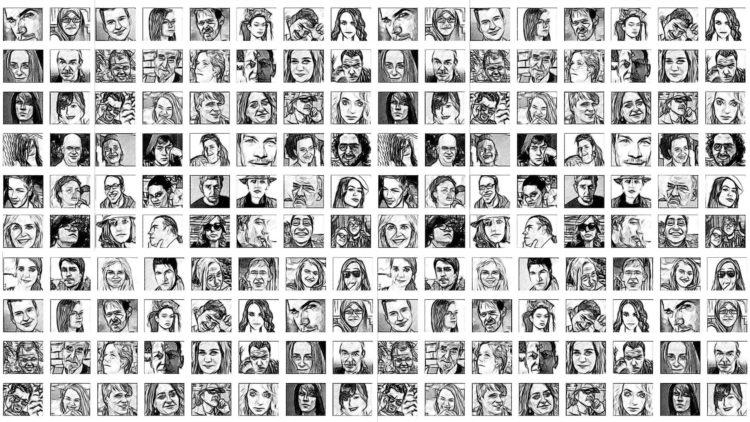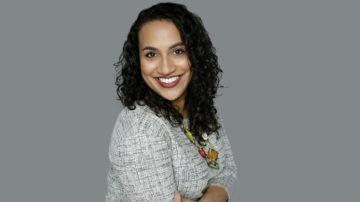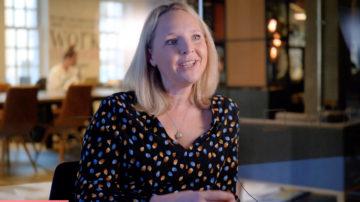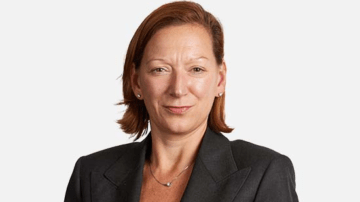Welcome to the first of a two part interview with Charlotte Valeur, where we focus on diversity in companies in the Channel Islands. Today – the great privilege debate.
When Bill Michael, the former Chairman of KPMG UK, allegedly told staff to ‘stop moaning’ about their work conditions during the Covid-19 pandemic, he would have had no idea it would make national headlines. He would have been even more surprised that a few days later he was out of a job, replaced in the interim by two female colleagues.
While the comments may have been perceived as insensitive by people who were working in difficult circumstances, the words were the packaging around deeper problems – an accusation of ‘unconscious bias’.
Over 50 years after the UK’s Equal Pay Act made it illegal to pay men or women differently for the same job, in an era where legislation outlaws discrimination on ground not only of gender, but of race, religion, ethnicity, or sexuality, unconscious bias remains one of the last hurdles for diversity.
This is an issue Charlotte Valeur, Director of the Global Governance Group, believes we all need to address if we are to achieve meaningful change in the Channel Islands.
With a successful career in banking, two degrees, and a long list of Board positions, you might wonder whether anything has held Charlotte back. However, while gender has not been an issue for her, discrimination comes in many forms.
Awareness through experience
“People who have never experienced discrimination may be unaware of it. Whether you are a man or a woman, white or black, rich or poor, tall or short, we all have some form of privilege over someone else and most of us are not keen on sharing our privileges. But once we become aware of the need to share what we have, we will all have more because we acquire some of the privileges we may be lacking. It sounds utopian but if we remember why we try to teach children that it’s good to share, we should be able to take a step forward.”
For people like the former KPMG boss, awareness may have come a bit late. However, for those leading other companies, it may serve as a reminder of the direction companies are moving in.
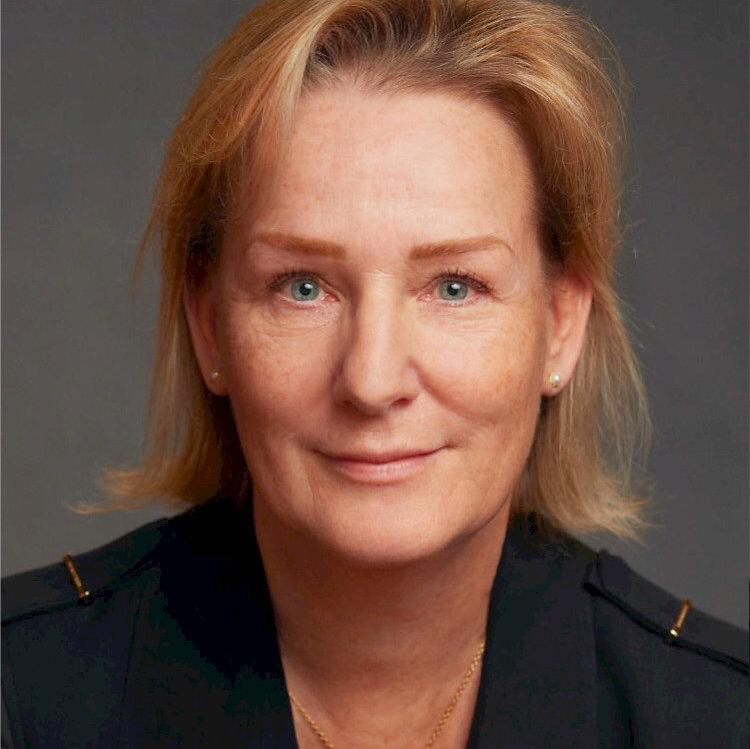
“There are a lot of examples of men at the top of their profession who say unfortunate things. They don’t mean to upset people and often genuinely wonder what the fuss is about. However, that is really the issue. These people can seem to lack empathy because they lack the awareness to put themselves in someone else’s shoes.”
Charlotte experienced discrimination first-hand at an early age, while growing up in Denmark.
“I’m autistic, and it can be hurtful when people talk about ‘being a bit autistic’ when actually they mean something totally different. Even though 1% of the population is diagnosed as autistic there are a lot of stigmas about it. About 15% of the population are neurodiverse, having conditions such as ADHD, dyslexia, and dyspraxia. Education is not set up to teach in ways we understand so children with these conditions are discriminated against to some degree. I didn’t do well at school and was billed as being less than intelligent because I didn’t fit into a set system.”
The system Charlotte refers to cuts across society, from Denmark where women make up 50% of the labour force but occupy just 22% of board level positions with top firms, to the UK where Charlotte worked for over a decade, and to Jersey, where Charlotte has lived for over 15 years.
“It is a male system, where 80% of top positions are occupied by men. The world is led by men following men’s rules. Even medicine is ordered around men, with drugs calibrated for male bodies. The natural balance in the world between men and women is 50-50 and once we disturb that balance, we end up with problems. If you’d had women involved in 50% of decision making over the past 2,000 years, or even the past 200 years since the industrial age, would we be in the same position now with the planet?”
Why equality for fathers equals equality for mothers
Although Charlotte feels she never experienced discrimination because of her gender while working in Denmark or London, it was different in the Channel Islands.
“In Denmark and London when I was working in finance, I never felt being a woman made me stand out or held me back. But working in the Board space in Jersey I felt I was treated differently as a woman. The barriers in Jersey are cultural rather than physical. Many women will be at home for several years with their children, and then potentially looking after elderly relatives. Taking on a care giver role makes it difficult for a lot of women to remain in careers long enough to get to the highest levels. It is almost as if women are being taken advantage of for fulfilling a care giving role that might come naturally to them.
“Nothing will change in the Channel Islands unless women get men to take on more care giving and get out to work. But there is a lack of equality towards men to a certain extent too as some women are reluctant to give up their position of privilege in a parenting role. Society gives women more access to their children than men generally have, especially when the children are young. At the school gates women outnumber men. Changing facilities for babies are often still inside women’s loos. And, when parents divorce how many men automatically get 50% of access to the children? If you get equality for fathers, you can then get equality for mothers. We need to look at where we are not giving equality before we ask why we are not getting it.”
Click here to read part two of this interview, with the focus on change beginning at home.

